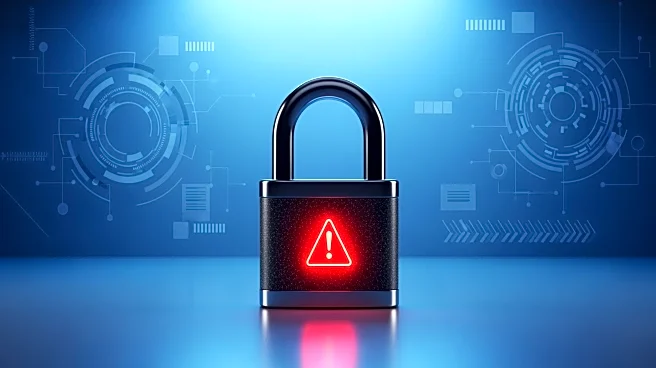What's Happening?
Hackers have stolen personal data from customers of the Spanish fashion company Mango. The breach occurred through an external marketing service provider, which detected unauthorized access to certain customer data. The compromised information includes
first names, email addresses, phone numbers, and postal codes, but not last names, bank details, or passwords. Mango's internal systems were not compromised, and the company has informed the Spanish Data Protection Authority (AEPD) and activated its security protocols. Customers are advised to be vigilant against suspicious emails and phone calls, as similar incidents have led to phishing attacks.
Why It's Important?
This data breach highlights the vulnerabilities in third-party service providers that companies rely on for marketing and customer engagement. The incident underscores the importance of robust cybersecurity measures across all partners in a business ecosystem. For Mango, the breach could lead to reputational damage and potential financial losses if customers lose trust in the brand's ability to protect their data. It also serves as a reminder for other companies to review and strengthen their data protection strategies, especially when involving external partners.
What's Next?
Mango is likely to face scrutiny from regulatory bodies and may need to enhance its cybersecurity measures to prevent future breaches. The company might also consider compensating affected customers or offering identity protection services. Other businesses may take this incident as a cue to audit their own security protocols and third-party relationships. Increased regulatory pressure on data protection could lead to stricter compliance requirements for companies operating in the EU and beyond.
Beyond the Headlines
The breach raises ethical questions about data privacy and the responsibility of companies to safeguard customer information. It also highlights the growing threat of cybercrime and the need for international cooperation in combating such activities. As digital transactions become more prevalent, the importance of cybersecurity in maintaining consumer trust and business integrity cannot be overstated.















